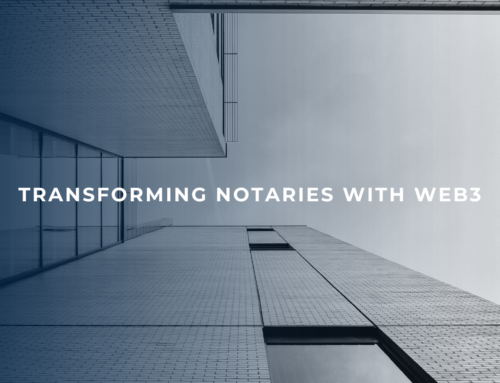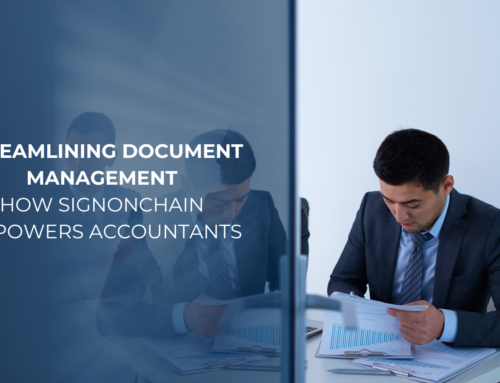Audit fees for small & medium sized businesses
Why small and medium sized businesses pay more for an audit compared to large businesses
When I worked as an auditor, I saw large companies pay 10 times more than small businesses in audit fees. However, the large companies’ revenue and profit were 100 times higher. A closer look at public statistics from the financial supervisory authority and national statistics substantiated my observations.
There are several reasons for SME’s relatively expensive audit, and I don’t blame the auditors. Auditors work diligently for long hours to maintain trust in society. The factors contributing to small companies paying more in audit fees are the audit threshold, the nature and scope of a company, the quality of documentation, economies of scale, consulting vs audit.

These factors drive up audit costs small
Companies spend a higher % of their profits on audit than big companies. Relatively speaking, an audit is more expensive for smaller and medium sized companies. There are some reasons to this.
Audit threshold
This is a political question; different countries have different laws for when a small company crosses a certain threshold and must be audited (see list here). Small companies that just passed over the threshold can therefore be in a stage where the audit cost is relatively high if measured in % of profits.
A Master thesis (in Norwegian) also addressed this in 2009, showing how low revenue companies paid disproportionally much in audit fees compared to high-revenue companies. Economies of scale is a natural explanation for this. Obviously, auditors cannot and should not, work for free or with a loss. Audit is an important profession, and it needs to attract good people to do the job – an auditor is a person that is trusted by the public.
Policies might be difficult to change, and the threshold needs to be set at some level anyways. It seems only new technology can come to the rescue here. Keep reading and I will propose a solution that can help both SME’s and auditors.
Nature & Scope
Some businesses are quicker to audit than others. Activities with high risk for misstatements in the financial statements probably need more investigation by an auditor. However, companies can help out by providing high quality documentation.
Quality of documentation
The quality can vary from contracts scribbled on napkins to electronical signed documents. If the documentation is in paper form, it takes longer time to retrieve the information, and data would be too time-consuming to extract and analyze. Scanned papers might feel like it’s digitalized and retrieval might be speedier, but if data cannot be easily extracted and verified there is still room for improvement.
Ecomomies of scale
Reconciling a bank account takes about the same time whether it is 10 000$ or 1 000 000$. The auditor charges per hour, and smaller companies thus pay relatively more for their audit.
Consulting vs auditing
Big companies often have lucrative consulting jobs waiting for the auditors. This is a highly discussed topic. Small companies might not be in the same need for consulting, thus, the audit engagement needs to be more profitable for the auditor as there is no additional consulting engagement to be “rewarded with”.
So how do we counter some of the factors driving up the audit fees?
Imagine if transactions could be easily reconciled between companies.
The double signed invoice is a solution to present high volume of high-quality documentation, readily available for the audit.
It works like this on a normal transaction:
1. The Buyer and
2. The Seller –
3. Both sign the underlying documentation (invoice) of the transaction on a secure shared ledger with a third-party verifying the identities.
This is called Triple-Entry Accounting.
“In contrast to the classical double entry framework, BOYLE (1997) and GRIGG (2005) propose ledgers based on triple entries which provide the same reliable accounting between firms that double entry provides inside the firm.”
(Grigg, Buene, Oliverie, Simoyama. 2017).
Cut costs
Not only does it provide an external confirmation of the transaction, it is also readily available before the audit. Auditors time saved is your cost reduced.
Added security
Read more about how signed invoices add security against the most common type of cyber-attack, still increasing.
Do you think the accounting industry can make the work quicker and more reliable by reconciling accounting transactions between companies?
Triple Entry Accounting is quick & easy to use and inexpensive.
With our FREE BETA-TESTING you will be able to experience how easy it is to sign an invoice.
The beta-testing is now part of the fintech sandbox of the Financial Supervisory Authority of Norway. Accountants and auditors interested in blockchain technology are encouraged to contact us.
Torje Vingen Sunde, CCI
MSc in Accounting & Auditing
Learn more about audit innovation:
“One of the things I used to hate when I worked with BDO as that the small guys couldn’t afford us.”
– Craig S Wright
Craig Wright Interview – Bitcoin & Moral Reasons – Part 3 of 3






Leave A Comment